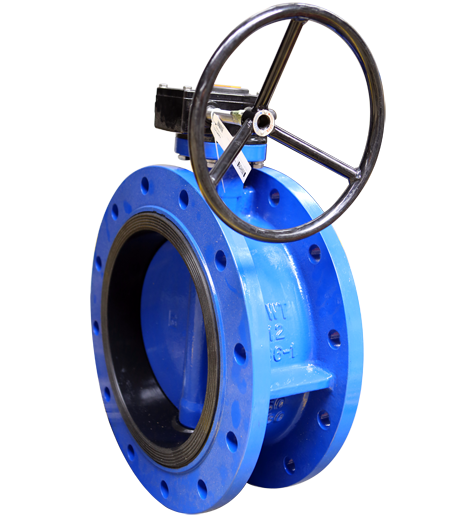Water treatment plants are critical to ensuring the quality of water, whether it’s for municipal use, industrial purposes, or wastewater management. Selecting the right components, including valves, plays a crucial role in maintaining the system’s efficiency and longevity. In particular, water treatment valves are responsible for controlling the flow of water and chemicals within treatment processes. But can standard valves handle the corrosive chemicals commonly found in these systems? The answer lies in choosing the right materials and design, such as those offered by Neway Valve.
Understanding the Role of Water Treatment Valves
Water treatment valves serve a primary function in regulating the flow and pressure within pipelines, tanks, and treatment chambers. They ensure that water is properly filtered, treated, and delivered to the end-users. Valves in these systems must operate under various conditions, including high pressure, temperature fluctuations, and exposure to aggressive chemicals. The materials and designs of these valves are key factors in their ability to withstand the stresses of daily operation, especially when handling water with chemicals or aggressive agents.
Challenges of Corrosive Chemicals in Water Treatment
Corrosion is one of the biggest challenges when dealing with chemicals used in water treatment. Many chemicals, including chlorine, acids, and other disinfectants, can quickly deteriorate valve components made from ordinary metals. Over time, this leads to leaks, failure, and the need for costly replacements. For water valves used in water treatment plant, corrosion resistance is essential. Without it, water treatment systems would face frequent downtime, reduced efficiency, and increased maintenance costs. This makes the choice of valve material even more critical.
Why Neway Valve Stands Out for Corrosive Environments
Neway Valve offers a range of water treatment valves specifically designed to handle the challenges of corrosive media. With a variety of materials available, including cast iron, ductile iron, and stainless steel, Neway Valve ensures that each valve is tailored to withstand specific chemical environments. Their concentric butterfly valves, for instance, feature a rubber seat design that provides an effective seal against corrosive chemicals while allowing for smooth operation. The use of corrosion-resistant materials such as Nickel Aluminium Bronze further enhances the longevity and reliability of the valves.
Conclusion
As water treatment facilities continue to expand and evolve, the need for more durable and corrosion-resistant valves becomes even more evident. Neway Valve provides an innovative solution with their range of water treatment valves that are engineered to perform in harsh conditions. By incorporating advanced materials and designs, they offer an effective way to combat the corrosion issues that can arise when dealing with aggressive chemicals. Whether it’s for potable water, wastewater treatment, or industrial applications, Neway Valve ensures that water treatment plants can operate efficiently, safely, and with minimal maintenance.
